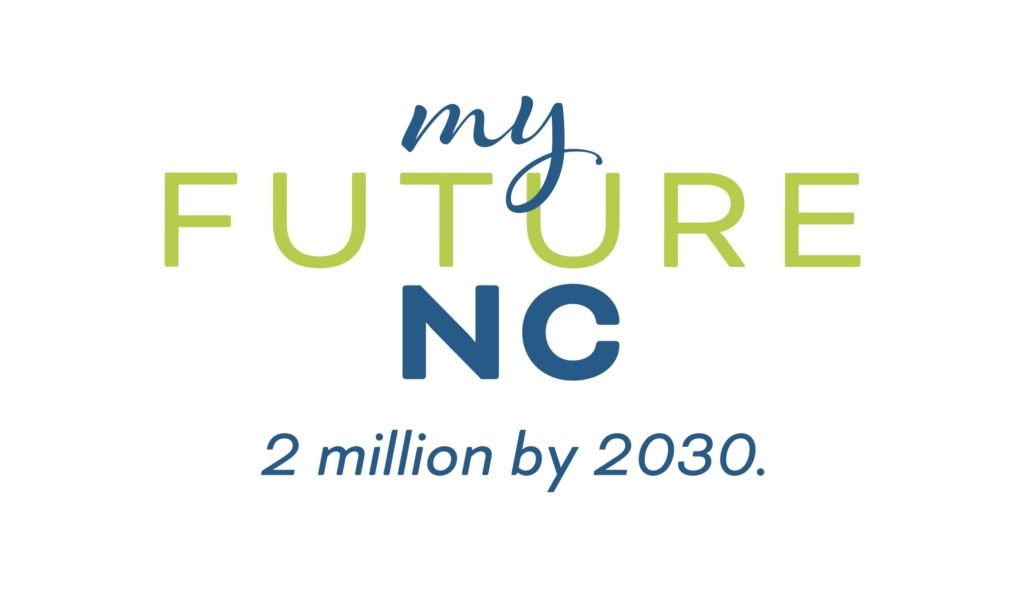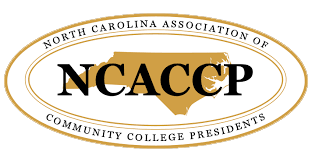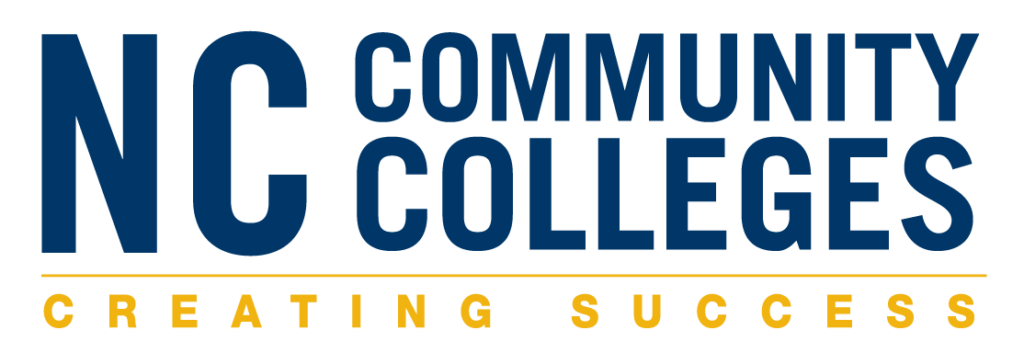By: Roanoke-Chowan News-Herald
AHOSKIE – A new, in depth economic impact analysis found Roanoke-Chowan Community College has a $33 million annual impact on the regional economy – supporting more than 607 jobs that represents one out of every 45 jobs across Bertie, Hertford, and Northampton counties.
The impact of the increased earnings of R-CCC alumni and the businesses they work for totaled $24.9 million. Payroll and benefits to support R-CCC’s day-to-day operations
amounted to $6.8 million. The college’s non-pay expenditures (purchasing goods and services) amounted to $2.6 million.
“I am so proud to recognize the important contributions and positive impact that Roanoke-Chowan Community College has on our local economy,” states Murray J. Williams, president of the college. “This return on investment is big, not only for the students and graduates who directly benefit, but for the local communities we serve.”
The report also assesses the economic impact of three Roanoke-Chowan Community College programs on the area economy, the return on investment for students, and the benefits generated for N.C. taxpayers.
The high-demand career pathways quantified in the report include jobs and programs related to Industrial Systems/Mechatronics/Engineering Technology, Criminal Justice Technology, and Early Childhood Education.
Copies of Roanoke-Chowan Community College economic impact studies, fact sheets, and summaries can be found online at www.roanokechowan.edu.
With support from the North Carolina General Assembly, leaders from the N.C. Association of Community College Presidents, the N.C. Community College System Office, the Center for Applied Research, N.C. State’s Belk Center for Community College Leadership and Research, and the John M. Belk Endowment formed to collaborate with national research leader Emsi Burning Glass to produce a regional Economic Impact Study for each of the state’s 58 community colleges, as well as an overall statewide report.
The studies found that each of North Carolina’s community colleges pump millions of dollars into the regions they serve – creating jobs, wealth, and opportunities for local residents. North Carolina’s 58 community colleges represent a combined $19 billion in annual impact on the state’s economy and support one out of every 19 jobs in the state.
“The return on investment in our community colleges is unmatched – not only for students and parents, but taxpayers and our entire state economy,” said N.C. Community College System President Thomas Stith. “We are proud of the contributions of our graduates and employees to enhance and strengthen our North Carolina communities.”
The economic impact study found for every dollar the state invests in North Carolina’s Community Colleges, the state gains $7.50 in added incomes and social savings. The colleges generate nearly double the revenue from what they take in from the taxpayers. For every $1 the state invests, taxpayers get $1.90 back in added tax revenues and public sector savings.
“We’re pleased the reports so clearly quantify and demonstrate the major economic impact North Carolina’s 58 community colleges, faculty, students, and alumni have in each of their respective areas,” said Dr. Mark Poarch, president of Caldwell Community College and Technical Institute, and the current President of the N.C. Association of Community College Presidents. “Our colleges offer a big return on investment for students and employers, policymakers and taxpayers. We are grateful for the continued confidence in what we do and for continued commitment to making smart investments in our state.”
“It’s been a privilege to have worked and supported our education partners on this study from the beginning as I was confident the results would blow us away. And it did. I think it’s fair to say not many government-funded programs generate more revenue than they take in from taxpayers,” said State Senator Deanna Ballard, chair of the Senate Education Committee. “It’s critical that our high school graduates and adults looking to gain new skills take advantage of the incredible opportunities that their local community college provides.”
Community college graduates have higher incomes that contribute to a larger tax base and a growing state. Students who graduate with an associate’s degree from a N.C. community college will see an increase in earnings of up to $7,000 or more each year compared to a person with a high school diploma or equivalent. If the student builds upon their associate’s degree to then earn a bachelor’s degree, their annual income also doubles on average.
“Our community colleges are among the state’s most critical assets to leverage and accelerate the education and upskilling of our State’s homegrown talent,” said MC Belk Pilon, president and board chair of the John M. Belk Endowment. “As we look ahead, we must continue and accelerate investments in our 58 community colleges to ensure we increase access to economic mobility, prepare North Carolinians for the jobs of today and tomorrow, and further grow local and state economies.”
More information about the statewide economic impact studies can be found at BigROIforNC.org including the state report, as well as reports, fact sheets, and summaries for each of North Carolina’s 58 community colleges.







